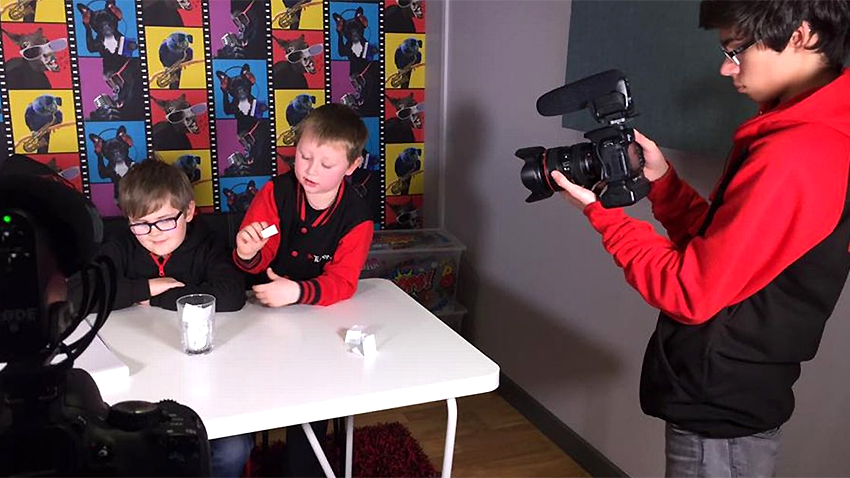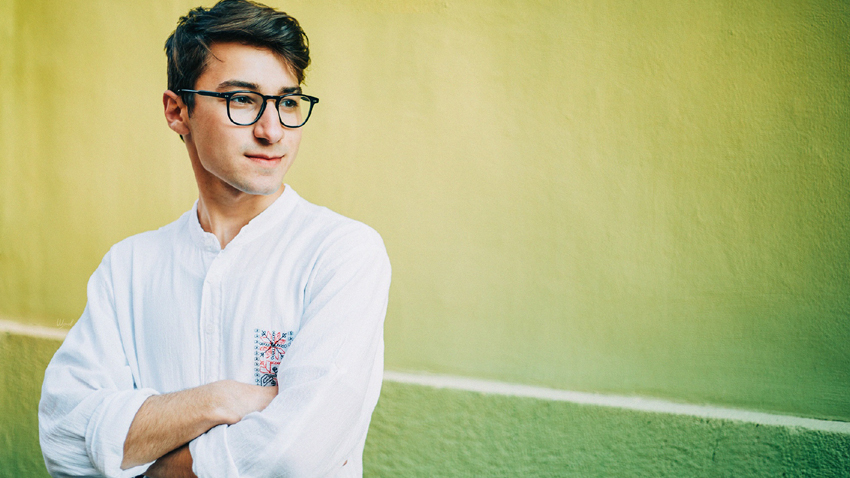Kids are different today. Their dreams on the future are now rarely of becoming doctors, writers, lawyers etc. They want to be YouTube stars or video bloggers and that is not a coincidence. Internet development forecasts show that a few years from now 82% of the global network will consist of videos. A British research shows that a large number of kids would like to study video engineering at school.
 Does the educational system succeed in its response to those expectations? Mr. Georgi Apostolov, coordinator at the safenet.bg centre for safe Internet says that 50 – 70% of the curriculum should be removed, if we don’t want aggression at school, as it is useless for the kids to memorize data which is accessible just a mouse click away. At the same time the development of skills which can bring success in life is neglected. In his words both schools and parents don’t pay attention to the fact that the net can be a place for artistic development:
Does the educational system succeed in its response to those expectations? Mr. Georgi Apostolov, coordinator at the safenet.bg centre for safe Internet says that 50 – 70% of the curriculum should be removed, if we don’t want aggression at school, as it is useless for the kids to memorize data which is accessible just a mouse click away. At the same time the development of skills which can bring success in life is neglected. In his words both schools and parents don’t pay attention to the fact that the net can be a place for artistic development:
“We leave the kids alone there and they wander, surf and face risks. Unpleasant things happen due to only one reason – we don’t teach them and we don’t give them a chance to act and develop their skills through Internet. This is the initial factor which prevents problems with children online – if they are there to study and create art within contacts with their parents, the concerns may drop,” Georgi Apostolov claims.
A representative national poll of safenet.bg shows that the age of the first touch with Internet has dropped over the past 6 years and now it is 7 – sometimes even smaller kids surf online. It also turns out that children do realize what’s good for them online, placing the Internet on third place as ‘useful for school’. However, social networks and videos are still the most popular activities online, while school descends to the 12th position. 80% of the teenagers asked declare that they know how to create and upload a video, but barely 23% of them have done it:
“When we talk about videoblogging we also mean some key skills that kids lack nowadays – it’s not just filming and uploading. One has to have the language skills for a good vlog, also an alternative artistic way of thinking. You also need presentation skills and some technical ones. Emotionally vlogging could give something really important to the children – self-confidence, you know that you can produce something on your own, starting from zero.”

Mr. Apostolov says that the system of education often kills the artistic potential of children, while art is precisely their channel to get free of aggression.
“Aggression is not a bad word, everyone carries it inside. It pushes ambition and personal development. It turns bad when you don’t have a place to pour it out – then it becomes violence. So, kids that create art are more content with their life emotionally. They are more independent and confident. Such children become natural leaders and we all know the importance of popularity among teenagers. So, nothing could be better than a kid creating online – we can expect only good things from this point on.”

The vlogging skills contest, initiated by one of the popular TV channels for children gives us an opportunity to take a peek into the world of the youngsters. The contest starts on July 31st, it will end up on September 19th and will be held simultaneously in Bulgaria, Hungary, Romania, Poland, Russia, Holland and Russia. Internet is the place where children will be able to display their skills, facing different challenges within a month and a half which will be proclaimed on vlogni.cartoonnetwork.bg. Kris Zahariev is a mentor of the starting vloggers – he is one of the most influential Bulgarian vloggers with some 50,000 fans and his videos have been watched over 3 mln. times.
English version: Zhivko Stanchev
When a contribution in the sphere of science is transformed into the basis for subsequent in-depth research the boundaries between countries and continents seem to melt away – literally and figuratively. That is precisely what happened during a..
Sofia is hosting the finals of ER Champ 2025 — described by the organisers as the world’s largest international escape room competition . Taking place on 19 and 20 October, the event will bring together twelve teams from around the globe , each of..
More than 500 people from across Bulgaria are gathering today in the village of General Todorov, near Petrich, for the national festival “Once Upon a Time… When Bread Had a Soul,” the village mayor, Stanislav Stankov, has announced. Now in its fourth..
Sofia is hosting the finals of ER Champ 2025 — described by the organisers as the world’s largest international escape room competition . Taking place on..
More than 500 people from across Bulgaria are gathering today in the village of General Todorov, near Petrich, for the national festival “Once Upon a..
When a contribution in the sphere of science is transformed into the basis for subsequent in-depth research the boundaries between countries and..

+359 2 9336 661
